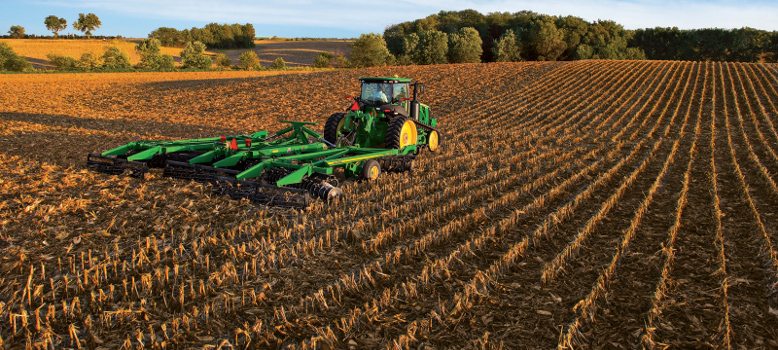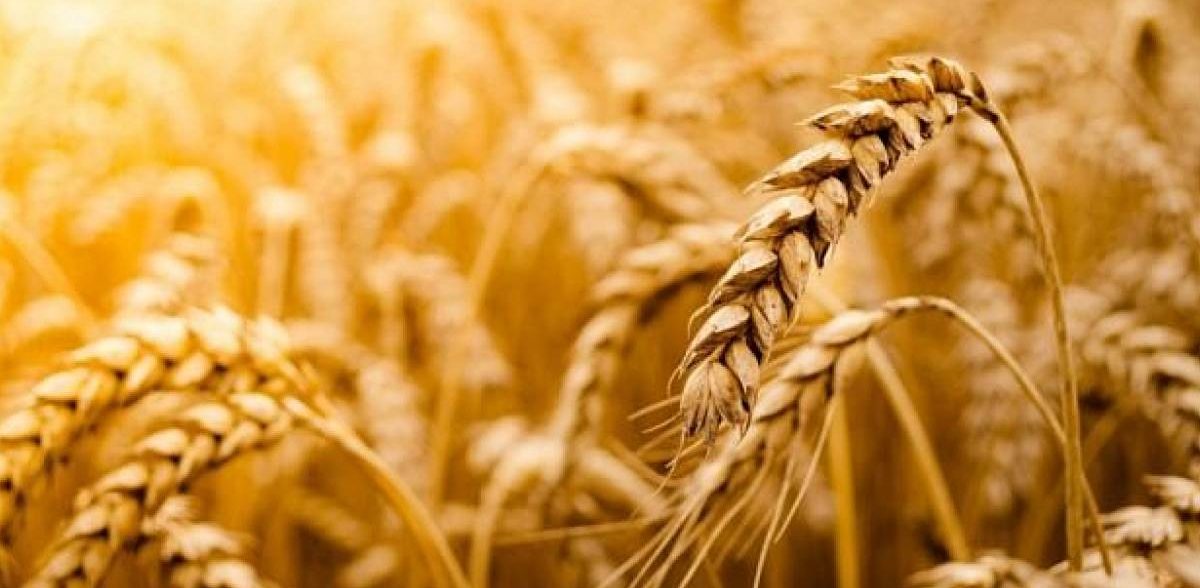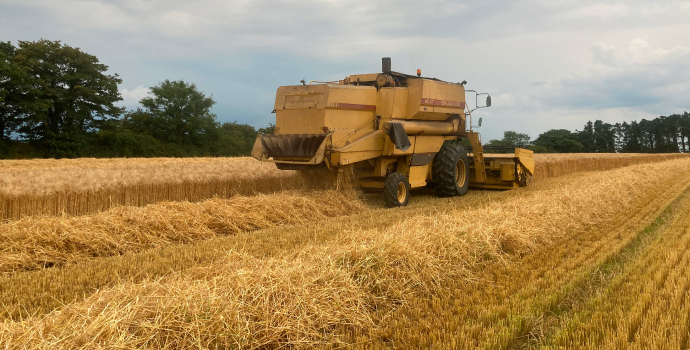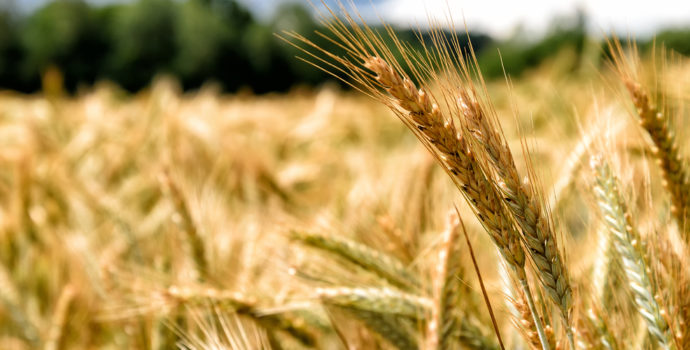Failure to Grant Derogation for ‘Redigo Deter’ Another Blow for Irish Tillage Farmers

IFA Grain Committee Chairman, Mark Browne has said the decision by the Minister for Agriculture, Michael Creed not to grant a derogation for the use of the plant protection product ‘Redigo Deter’ is yet another severe blow for Irish tillage farmers.
IFA had written to the Minister requesting a derogation for the product, due to its role in the control of Barley Yellow Dwarf Virus (BYDV). A Teagasc report concluded that BYDV has previously caused yield losses of up to 3.7t/ha in winter barley and 1.2t/ha in winter wheat in Ireland. In monetary terms, this would reduce margins by €555/ha and €192/ha respectively in both barley and wheat.
The Chairman said there was already precedence for granting a derogation for the product within the EU – Belgium, Denmark and Poland were granted derogations for use of Redigo Deter in 2019.
“The Irish tillage sector has lost a number of key active ingredients including the fungicide chlorothalonil. The failure to grant a derogation for Redigo Deter will further jeopardise the viability of Irish cereal crop production, which is already down over 50,000ha since 2012,” Browne said.
The failure of the Minister to support the sector on this issue further erodes the ability of Irish farmers to compete against feed imports from other EU and, particularly, third countries who produce grains under lower environmental standards, according to Browne.
According to CSO figures, Ireland imported almost 500,000 tonnes of mostly GM corn from Brazil alone in the past two years. This grain is produced under a regime which allows the use of pesticides banned in Ireland along with widespread deforestation etc.
The Grain Chairman concluded by saying, “Different standards at Irish and EU levels for native and imported grains cannot continue to be tolerated. It is hypocritical of the Irish government to increase the regulatory burden on local cereal producers, forcing them out of production, while allowing increased access to non-EU feedstuffs produced to a lower standard”.



